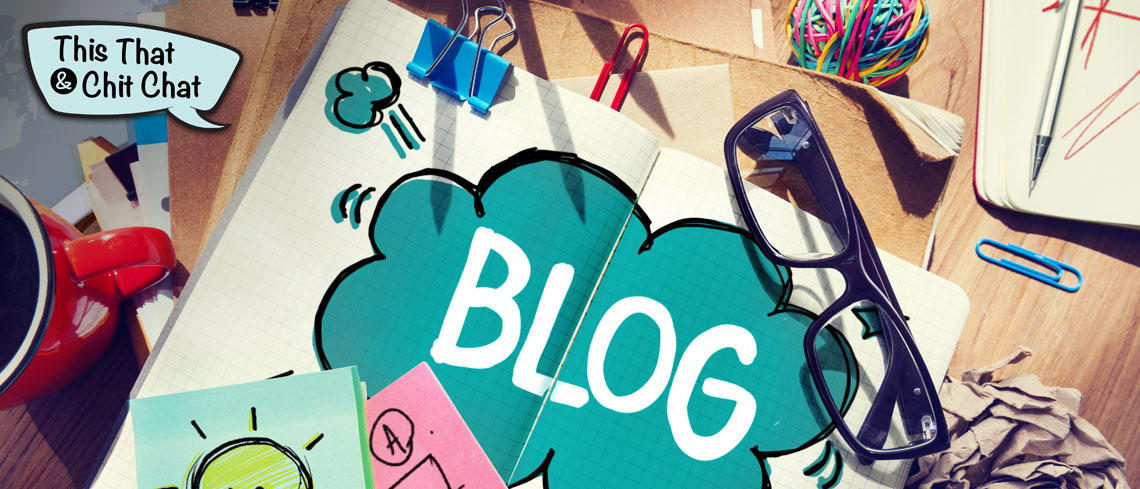by: IAMT
What is a HELOC?
A home equity line of credit (HELOC) is a line of credit that allows you to tap into your home’s equity.
by: IAMT
When’s the best time to write a business plan?
Writing a business plan is an essential part of building a successful business. At its core, a business plan is a road map for your project: it establishes your purpose, it sets goals and expectations, and it forecasts the relationship between cost and revenue. Business plans exist in many forms: some formal and some informal.
by: IAMT
The Effect of Time on Investing
Investing can seem like a very risky, complex and fast-moving process. With endless combinations of investment vehicles to choose from, it can be difficult to take your first step as an investor—especially with the knowledge that all investments carry the risk of losing some or all of your money. So why bother?
by: IAMT
Where You Seek Financial Advice Says a Lot About You
How did you decide where to open your first bank account? Where did you learn to budget or pay bills? If you have a money question now, what do you do? Who do you turn to?
by: IAMT
How to Stop Lifestyle Creep in its Tracks
Have you ever caught yourself daydreaming about all of the amazing lifestyle changes that await you just beyond your next pay raise? Have you ever fantasized about how to spend a work bonus, only to have the money instantly disappear into your monthly spending? If this sounds familiar, you might be prone to lifestyle creep.
by: IAMT
Why Is It Called A Credit Union?
While bank and banking are universally understood and accepted terms, the term credit union is still largely misunderstood and unknown to many. Credit union is an unusual term, isn’t it? Is it just another name for a bank? Is it a credit card company? Do I have to be in a union to join?
by: IAMT
It Pays To Start Saving Now
In case you haven’t heard, compound interest is the best.You may remember it as an equation you had to memorize for math class, but it’s so much more than that. It’s the concept that powers all sorts of savings and investment products and, over time, allows you to turn your money into, well, more money!
The Dos and Don’ts of Debt Repayment
Consumer debt is an extremely contradictory part of our personal finances: it’s at once common and incredibly personal. According to numerous sources, the majority of US adults owe money in some way, shape or form—and yet what this consumer debt represents can vary drastically from person to person. To some, a debt might signify a major accomplishment or progress toward a large goal. To others, it might be a constant reminder of a time of crisis or hardship. The decisions that lead us to consumer debt can be thoughtful and deliberate, or rushed and misguided. It is perhaps these differences that make it challenging to talk openly about debt for fear of judgment.
by: IAMT
Living On Your Own And “Bill Time”
Living on your own for the first time can be empowering. It means having independence and all the things that come with it. Some of those things—like not having to share a bathroom—are wonderful. Others—like killing spiders yourself—are not so fun. And leading the pack in the not-so-fun category: bills.
by: SavvyMoney
College Planning
While the price tag for a college education has edged down slightly during the pandemic, it’s important to plan ahead to determine how to fun – or partially fun – tuition, fees, room, board and everything else for four (or more) years of undergraduate studies.



